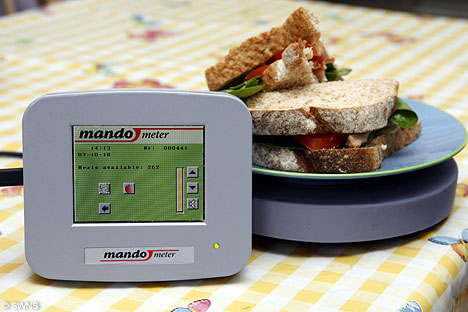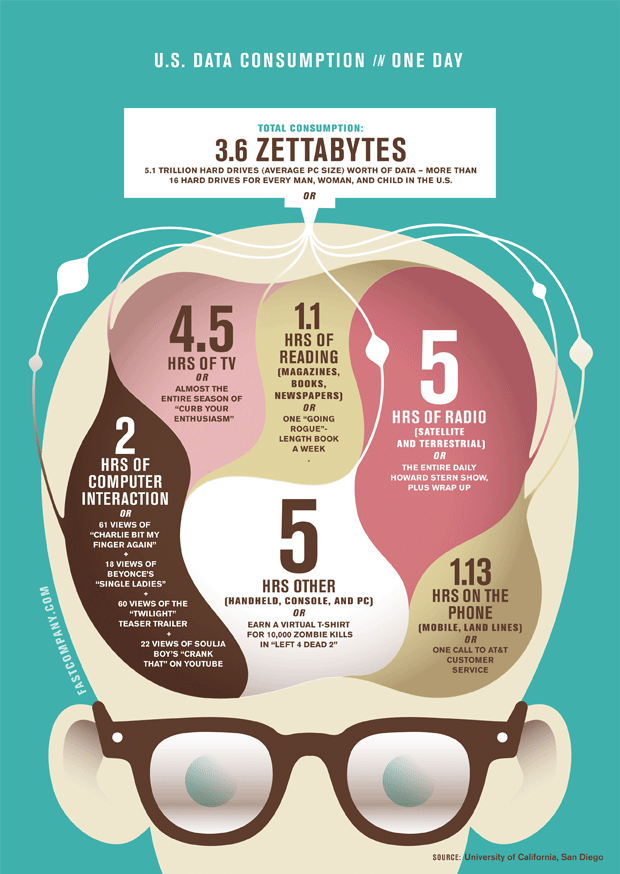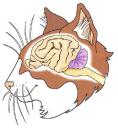SharpBrains Online Summit Starts Today
Monday, January 18th, 2010SharpBrains is running a virtual summit covering many aspects of cognitive health and performance:
 “The SharpBrains Summit features a dream team of over 30 speakers who are leaders in industry and research to discuss emerging research, tools and best practices for cognitive health and performance. This innovative event will expose health and insurance providers, developers, innovators at Fortune 500 companies, investors and researchers, to the opportunities, partnerships, trends, and standards of the rapidly evolving cognitive fitness field.”
“The SharpBrains Summit features a dream team of over 30 speakers who are leaders in industry and research to discuss emerging research, tools and best practices for cognitive health and performance. This innovative event will expose health and insurance providers, developers, innovators at Fortune 500 companies, investors and researchers, to the opportunities, partnerships, trends, and standards of the rapidly evolving cognitive fitness field.”
Hopefully some readers will participate and share their insights by posting here. I will collect responses and other notes and blog on the event next week.









